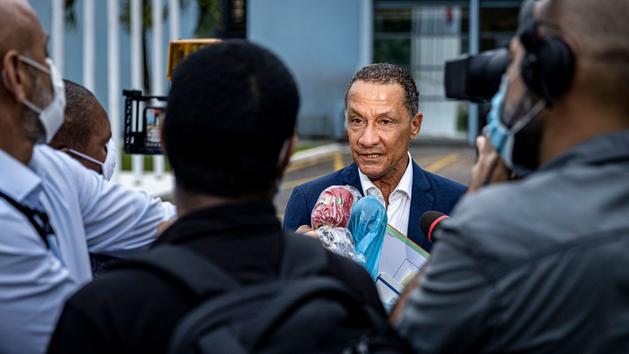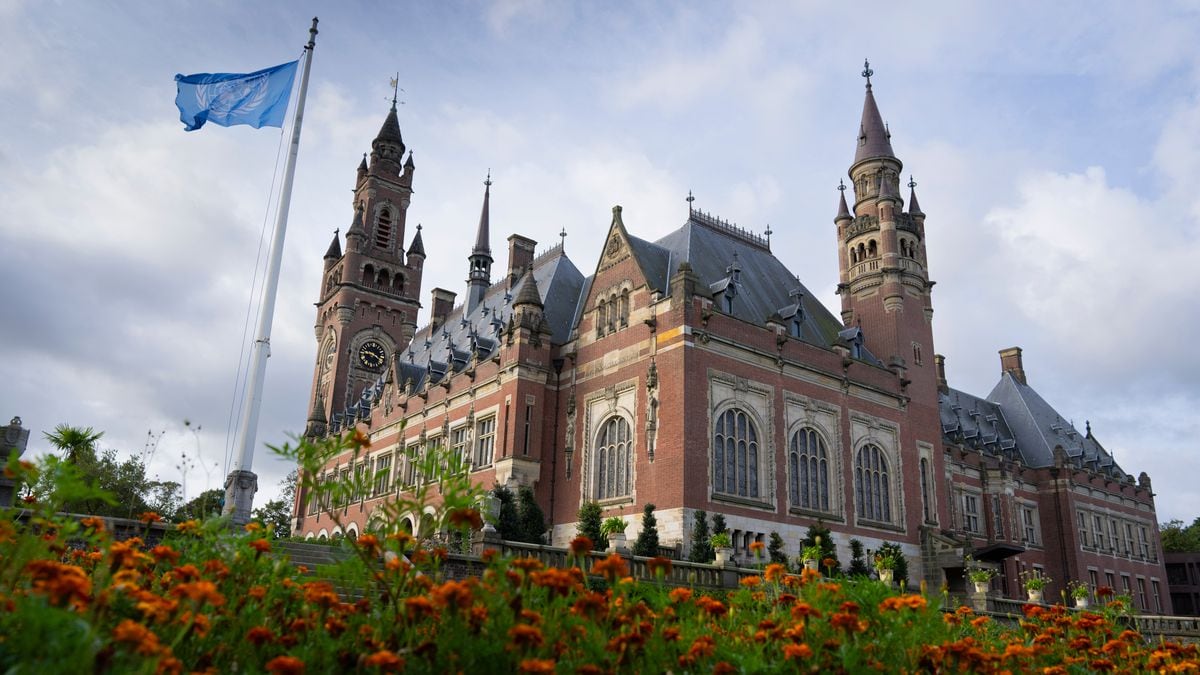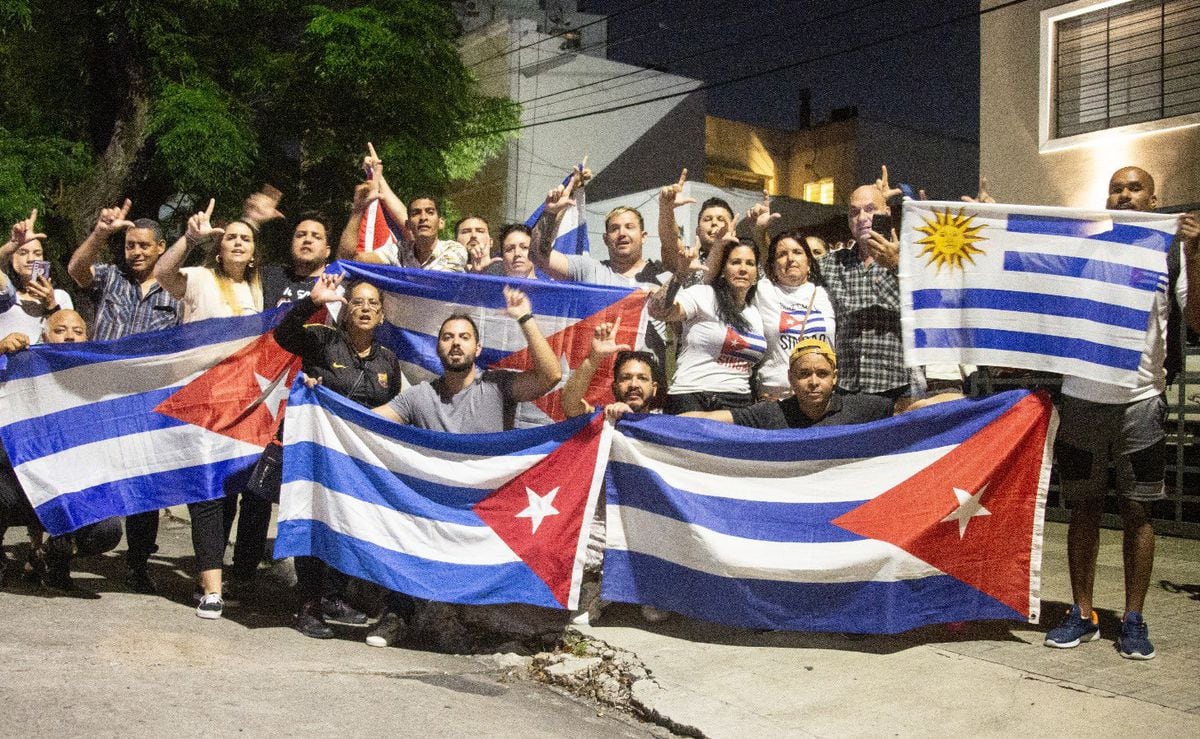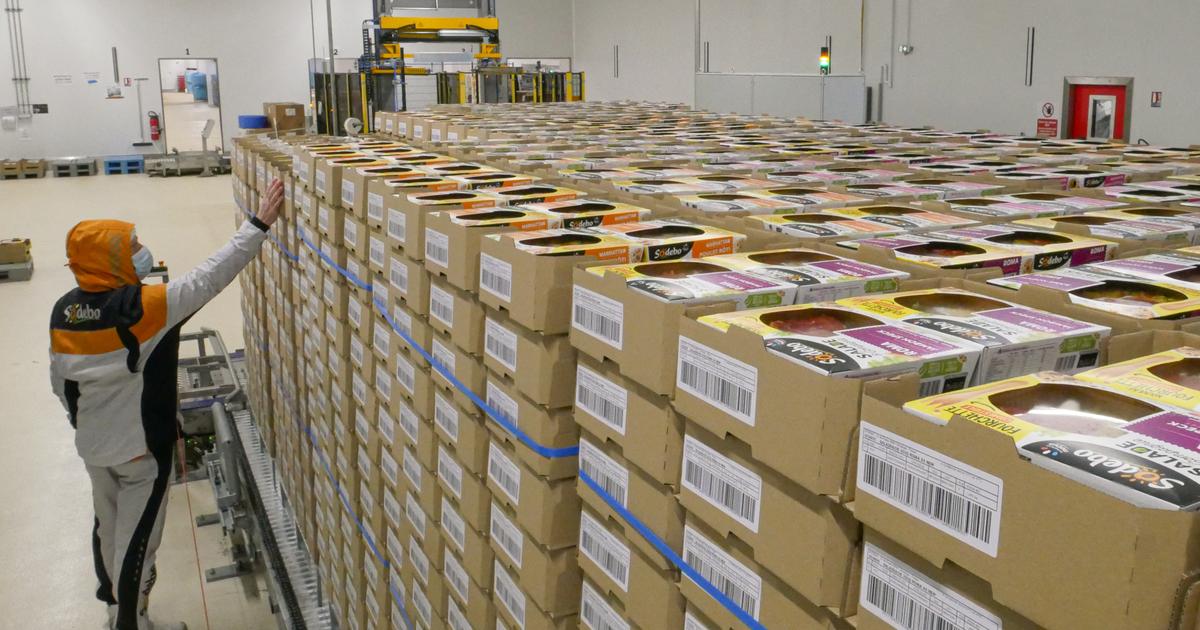On the river border of the Brazilian Amazon, Saint-Georges de l'Oyapock is today the only commune in Guyana still confined. With its 37 cases of Covid-19 confirmed for 4220 inhabitants and an increasing spread, the commune is the cluster which worries.
Read also: LIVE - Deconfinement: new schoolchildren head back to school
"It will not stop there," warns Dr. Mirdad Kazanji, director of the Pasteur Institute in Cayenne, which performs two thirds of screening tests in Guyana. In total, Saint-Georges has nearly a quarter of the 164 confirmed throughout Guyana (including one death).
Proximity to a Brazilian city
If Saint-Georges is affected, it is because of its proximity to the Brazilian city of Oiapoque and its 27,270 inhabitants, located just opposite, on the other bank of the border river, and badly hit by the virus with 57 confirmed cases including one death and 151 suspected cases. Oiapoque, in the State of Amapa, is a city of transit and recruitment of gold prospectors from illegal gold sites in Guyana. According to the Guyana Regional Agency, the initial contamination on Saint-Georges took place in Oiapoque.
Read also: Guyana: an arrest linked to the theft of 40,000 masks from the space center
More generally, the state of Amapa (845,000 inhabitants) crossed the barrier of 3,000 confirmed cases on Wednesday and has 94 deaths. Deaths are daily. In Saint-Georges, relations are regular with the Brazilian shore. Two-thirds of the inhabitants are also of Brazilian origin.
Read also: Africa: the coronavirus destabilizes an already very fragile health system
"Vigilance must be increased in Guyana with the Brazilian border" , underlined at the end of April a note from the inter-ministerial anti-Covid crisis cell, revealed by the local media Guyaweb. "Indeed, the situation tends to worsen (...) due to the progression of the Covid-19 and the containment measures little or not respected on the Brazilian side , " she added.
Reinforced border control
The document also noted a " significant increase in attempts to cross the Oyapock noted by the border police, which in particular have turned back nearly 80 canoes between April 15 and 17".
Read also: Coronavirus: do we really see the beginnings of a "second wave" in Germany?
"To cope with this high health risk, the PAF-Gendarmerie-Douanes system was reinforced in Saint-Georges (...) with the arrival of the armed forces from Guyana since April 19," concludes the note, which 'confirmed the prefecture to AFP. Saint-Georges had its first case of infection on April 23, then two the following day.
In this context, while Guyana began its deconfinement on Monday, like hexagonal France, Saint-Georges was deprived of it: "We take into account the rapid development of the epidemic on the Brazilian shore of the Oyapock and its consequences in Saint-Georges (...) The results of Tuesday and Wednesday show that the virus circulates strongly there and thus validate the maintenance in confinement, " explains to the AFP the prefect Marc Del Grande.
A renewed curfew
Especially since confinement is not particularly respected on site. "I regret that people from Saint-Georges continued to celebrate birthdays during the confinement," said Mayor Georges Elfort. In Guyana, the curfew has been renewed. “ This measure has avoided many occasions of contact and circulation of the virus. The idea is not to abruptly remove this effective measure. It is more flexible, ” notes the prefect. It will be from 11 p.m. to 5 a.m., instead of 9 p.m. to 5 a.m. And the sale of alcohol remains prohibited from 6 p.m. to 8 a.m.
Read also: Coronavirus: no longer say "cluster" but ...
For Dr Kazanji, "if there is a relaxation, what we already observe (...) if the virus arrives in disadvantaged neighborhoods where people live a little on top of each other, it will do the same damage than in Amapa since we find the same lifestyles there ” .
In parallel Monday, the ARS recognized "a problem of supply of reagents (necessary for PCR tests, note) for several laboratories" including that of the hospital of Cayenne. This could make it more difficult to detect cases.
See also - coronavirus "may never go away," warns WHO











/cloudfront-eu-central-1.images.arcpublishing.com/prisa/KMEYMJKESBAZBE4MRBAM4TGHIQ.jpg)



